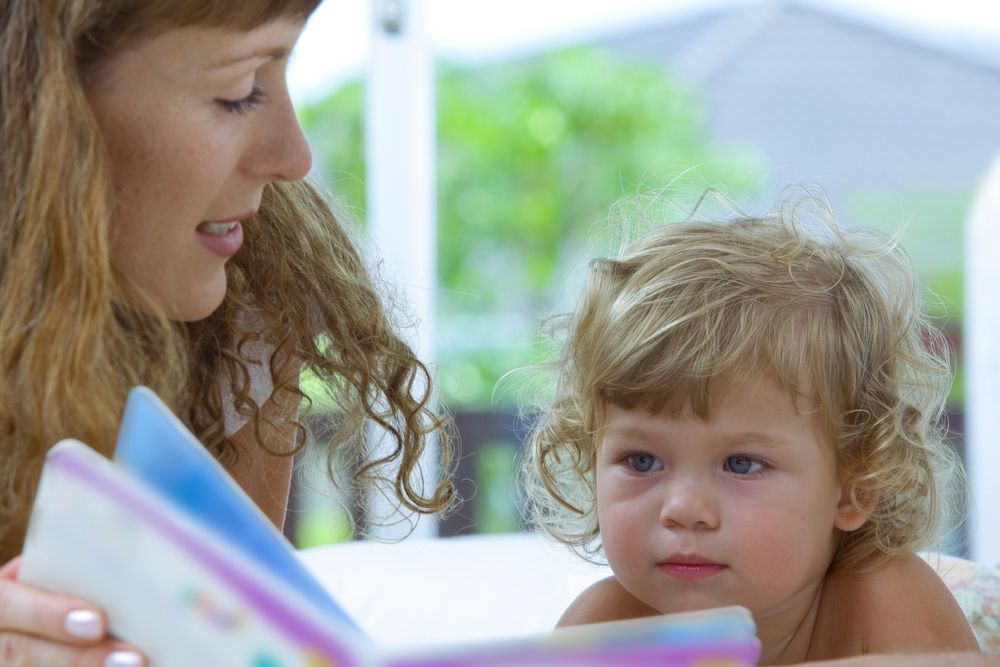7 life skills that will help your child succeed
Published on Wednesday, 20 March 2019
Last updated on Tuesday, 31 December 2019

Did you know that reading a book teaches children perspective-taking? Or that a game of hide-and-seek teaches them critical thinking? Well, when it comes to life skills, it is possible to combine important teachings with fun and games.
Here we look at the life skills that will help your child thrive in their current and future lives; and see how you can nurture these skills in your youngster's day-to-day activities.
What life skills should parents teach children?
Mind in the Making: The Seven Essential Life Skills Every Child Needs is a landmark book that sets out the skills necessary for children's success through life.
Author, Ellen Galinsky, draws on child development research and neuroscience to identify seven key 'learning to learn' skills that children should develop. Namely:
- Focus and self-control
- Perspective-taking
- Communication
- Making connections
- Critical thinking
- Taking on challenges
- Self-directed, engaged learning
Ms Galinsky says these skills can be nurtured from a young age, and as well as enhancing your child’s early education and development, they also have positive flow-on effects when it comes to school, work, relationships and life overall.
How can parents use everyday activities to teach these essential skills?
Children learn life skills through their daily interactions with people, places and things. Here are some practical ways, thanks to Bright Horizons, that you can incorporate the seven life skills into your daily routine.
1. Teaching your child focus and self-control
Although grown-ups might complain about 'the daily grind', children thrive on routines, schedules and habits, which give them a sense of security and also teach kids focus and self-control which, in turn, helps them achieve their goals.
This first life skill involves paying attention, remembering rules and exercising self-control; so you're encouraged to get organised.
Make sure your child knows where to put their shoes and other belongings, discuss what they can expect each day and set aside time for quiet, focus-increasing activities, like books and puzzles.
2. Teaching your child perspective-taking
Books are an excellent way to help your child think about someone else's point of view. As you read, talk about what characters are feeling and what motivates them. For example, "I wonder why Freddie Frog didn't want to share his toy with Tammy Tadpole?".
3. Teaching your child communication
Kids need to learn how to 'read' social cues, listen carefully, understand and communicate with other people.
To help your child learn these skills, spend time talking with them each day, listening and responding without distractions. Children also, 'Need high-touch personal interactions every day to build healthy social-emotional skills,' so snuggle up and have a conversation.
4. Teaching your child to make connections
Galinksy says that, 'Making connections is at the core of learning… and making unusual connections is at the core of creativity,' so it's important that your child learns how to make sense of the world by finding connections and patterns between different things.
To help do this, give your toddler things to sort, like toys or socks, and let your preschooler choose their clothing to match the weather, for example, making a connection between gumboots and rain. You can also point out abstract connections in life or books, such as, "This story reminds me of when we flew a kite in the park."
5. Teaching your child critical thinking
Open-ended play is a great way to build your child's critical thinking skills. Playing (alone and with friends) teaches kids how to formulate ideas, try them out, take risks, make mistakes and find solutions.
To hone their thinking skills (which guides their beliefs, actions and decisions), encourage your child to role-play, build structures, play board games and play physical outside games, like tag and hide-and-seek.
6. Teaching your child to take on challenges
Galinsky says that children who are willing to take on challenges do better in school and life, while resilience is an important trait to develop in your child.
To help them embrace challenges, recover from failure and persist, create an environment that's not too limiting, but feels safe. Encourage your child to try new things, allow a reasonable amount of risk, such as riding a bike, and offer new challenges once they're ready, like learning to tie shoelaces.
It's also recommended that you focus on effort more than achievement. For example, "Learning to tie a bow was really hard, but you kept trying. Well done! "
7. Teaching your child self-directed, engaged learning
A love of learning will take your child far, so encourage lots of reading, play and open-ended exploration. Limit TV, and instead, visit the library together, stock up on craft supplies, play games and allow for some messy activities.
Remember that the life skills you teach at home will help your child navigate the big, wide world. By guiding and connecting with your child today, you're helping them to realise their potential, and succeed in the years ahead.
Related Articles

Resilience lessons for early childhood
Supporting the development of resilience to improve the mental and physical wellbeing of children.

Ways for working mums to find a better balance
The challenges mums face when balancing child care with the working week.

Supporting children to thrive in care
Whether your little one launches into child care without looking back or struggles with separation anxiety at drop-off time, it's important to support them in care.
